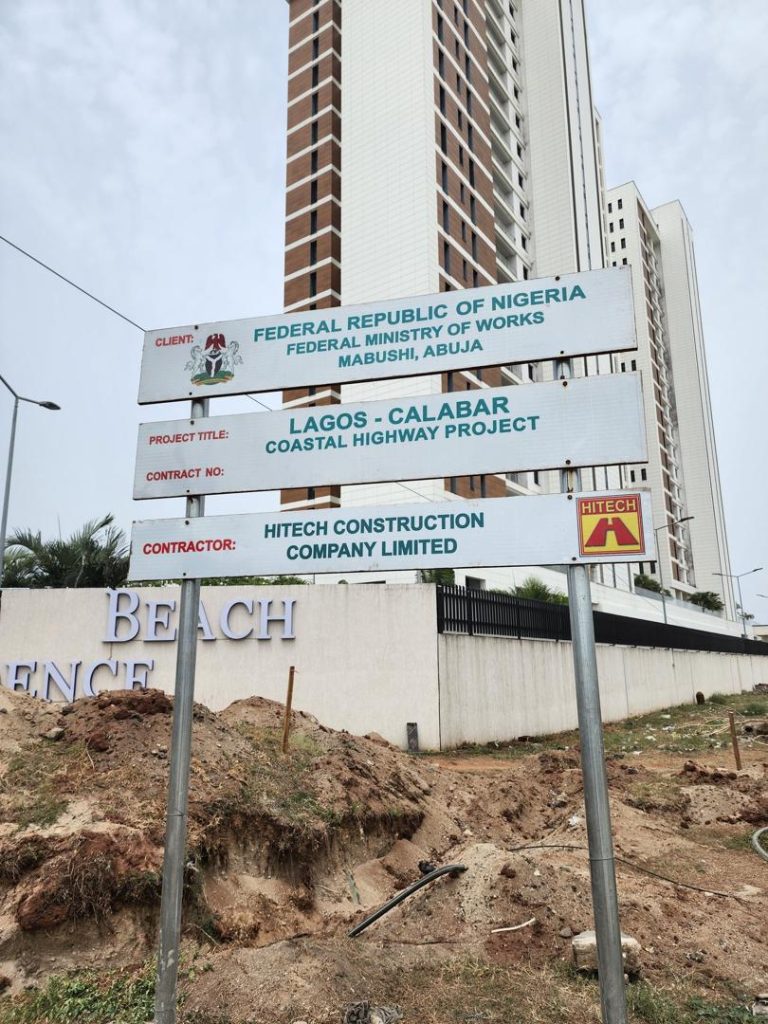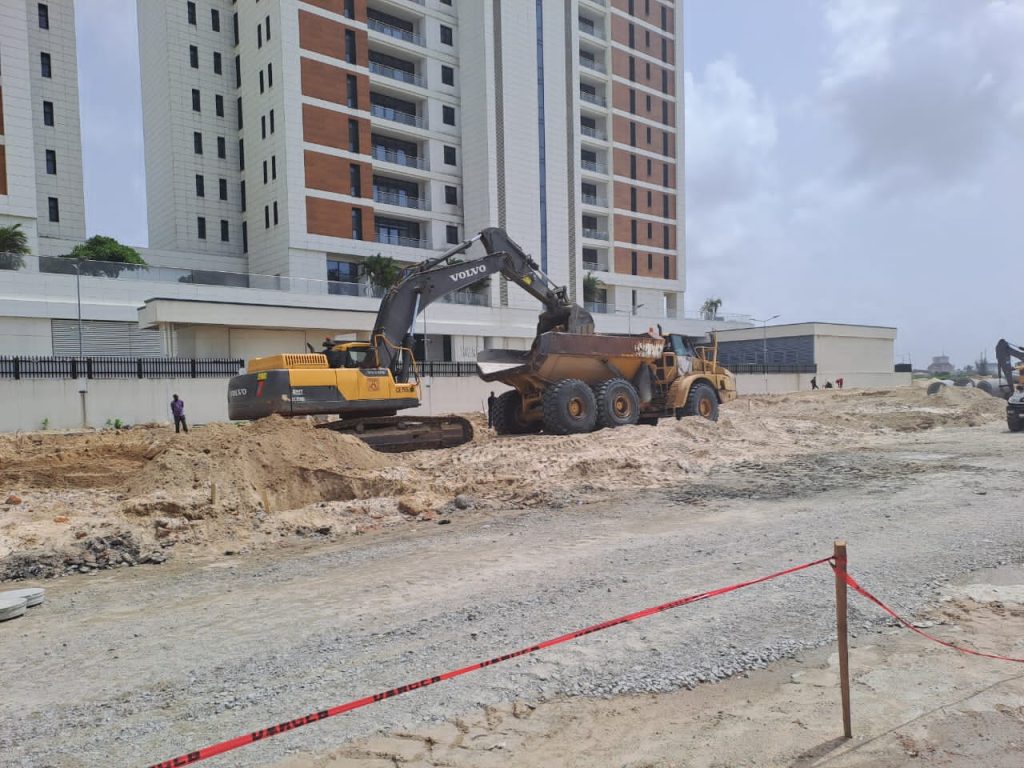The transformative power of Lagos-Calabar Coastal superhighway,- By Temitope Ajayi

![]()
Barely a month after the Federal Executive Council approved the construction of the Lagos-Calabar Coastal superhighway, the contractor has moved to site to build what will be a monumental civil engineering project that Nigeria has ever seen.
Since the construction of the iconic Third Mainland Bridge that stretched over 11 kilometres across the lagoon, the Lagos-Calabar Coastal road will usher in a new era of ambitious road infrastructural development projects in Nigeria.

The Third Mainland Bridge, one of the longest bridges in the world, started during the administration of President Shehu Shagari in 1980. It was completed 10 years after, in 1990, by the military administration of President Ibrahim Babangida.
When completed, the 700km long coastal highway will also enter the world record books among iconic coastal routes like the Wild Atlantic Highway in Ireland and the Pacific Coastal Highway in the United States.
The first phase of the new 700km highway that will run through the nine coastal states is the 47.47km section beginning from Victoria Island. It has five lanes on each side of the dual carriage way and a train track in the middle.
The superhighway is being built by Hitech Construction Company. Part of the funding will be sourced by Hitech, the contractors.
Starting from Ahmadu Bello Way, Victoria Island in Lagos, the Coastal road will pass through Lekki Deep Seaport, Ogun, Ondo, Delta, Bayelsa, Cross River and Akwa-Ibom States. At a recent press briefing, Minister of Works, Senator David Umahi, said the Coastal road would have two spurs that will link up with Northern Nigeria to further integrate the North and South in terms of movement of the people, goods and services.
Economic analysts have revealed that the completion of the first phase of the project alone could increase the size of Lagos State economy by 50% because of the connection to Lekki Deep Seaport and the Lekki economic corridor where Dangote Refinery and Petrochemical Complex is situated alongside other multinational industries.
One of the fascinating and interesting features of the coastal road is how it will compress the distance between Lagos and Ondo State. For instance, the distance from Ibeju-Lekki in Lagos to Araromi in Ondo State is about 50 kilometres along the coast. This distance translates to about an hour journey. From Araromi to Ore, a major connecting hub in Ondo State is about another 50 kilometres, whereas the existing route from Ibeju-Lekki to Ore currently in use by motorists is 150 kilometres.
Speaking on the game-changing effect of the coastal road and how it will transform the economy of Cross River State, the Commissioner of Information,
Erasmus Ekpang, in a press statement, said the state government is overwhelmingly grateful to President Bola Tinubu for embarking on the project decades after the necessity for the coastal road had been muted.
The highway, according to the Commissioner, “will serve as a catalyst to transform the economy of Cross River State for optimum impact. I want to applaud President Tinubu for the political will to translate this lofty dream into concrete reality.
“This coastal highway is going to be a game changer for the socio-economic status of Cross River. It is bound to add value to our rich agricultural produce while enhancing the profit base of local farmers. The benefits in the value chain is unimaginable.”
Mr. Ekpang further averred that the highway would boost the tourism economy of Cross River.
“When completed, the road will also boost tourism traffic to our unique tourism sites by attracting an unprecedented number of tourists, given the thrills and frills synonymous with road travel.”
Speaking in like manner, Chairman of the All Progressives Congress in Cross River, Alphonsus Eba, praised President Tinubu for fulfilling a key aspect of his campaign promises to the people of Cross River.
“President Tinubu has once again demonstrated that he is a man of his word by keeping to his promise. When Senator Ben Ayade voiced out this request during the presidential campaign in Calabar, he knew the economic importance of the road.
“Nothing is more gratifying at the moment than the cheering news of the commencement of the highway. This is a huge boost to the current drive of Governor Bassey Otu to alter the socio-economic narrative of our state. The highway is bound to ensure our rapid transformation in all facets of economic development by driving traffic of investors and tourists,” the state party Chairman noted.
While many Nigerians are excited that the road project has finally taken off after many years, that the highway is starting now speaks to the capacity of President Tinubu to conceive bold ideas and take on huge and transformational projects. President Tinubu’s penchant for high impact projects preceded his presidency.
As Governor of Lagos State from 1999 to 2007, he superintended over the financial and infrastructural renewal of the state. Apart from the major road projects his administration in Lagos undertook and completed, he set up Lagos Metropolitan Area Transport Authority (LAMATA) to modernise public transportation systems in the state through intermodal public transport infrastructure. The Red and Blue Rail Metro lines that were recently commissioned formed part of the grand vision he laid down for the state.
The Lekki Deep Seaport, Lekki Free Trade Zone, and Eko Atlantic City projects are landmark projects that will eternally bear the footprints of President Tinubu as governor of Lagos State for eight years. Also imminent for implementation is the 4th Mainland Bridge, conceived during the Tinubu era in Lagos.
Indeed, like his many impactful achievements in Lagos, the coastal highway will be one of the many critical transformative economic projects that will hallmark the Tinubu’s presidency.
-Ajayi is Senior Special Assistant to President Tinubu on Media & Publicity


